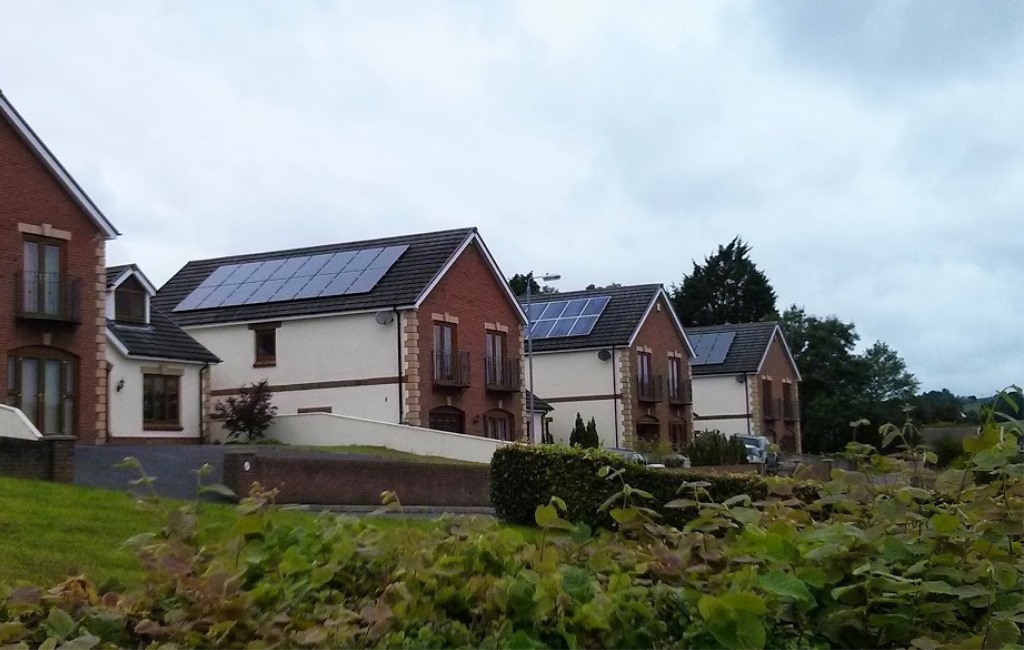The feasibility, costs and benefits of three phase power supplies in new homes
REA Position Paper
Introduction
The Department for Transport’s (DfT’s) Road to Zero Strategy commits the Government to consulting on compelling new homes to have charge point infrastructure installed in England. The REA strongly supports this and argues that this should include three phase connections for all of the associated benefits outlined in this report. The EV market has grown rapidly in the UK in the past few years and is now set for exponential growth. From around 140,000 EVs in the UK at present, to millions in the next few years, it is clear that how we manage this growth will be critical. We need to avoid delays to the transition and remove barriers for consumers, and maximise the environmental and economic benefits for us all.
The transition is eminently achievable and this is partly what makes it so exciting – it is a market and policy challenge as the necessary technology and certainly the engineering skills are already in place in this country. The need to ensure appropriate charging infrastructure is central to achieving our aims of mass EV roll out. UK homes were not necessarily designed for the new loads that electric vehicle charging will bring. We believe that for new homes an upgrade is required in order to future-proof our homes for the exciting new energy system we are heading towards, which goes beyond just EVs and includes more solar photovoltaics (PV) and renewable heat. Three phase connections could do just that.
This report should act as a starting gun for such discussions and we are delighted and grateful for the support and contributions from many of the REA’s electric vehicle members, in addition to the particular support of Western Power Distribution (WPD). As the network operators will be critical to deploying the infrastructure required, it is heartening to see a forward-looking one supporting these discussions.
We also hope that this paper spurs discussions beyond new homes, and helps us develop our thinking about what will be needed in blocks of new flats and in new commercial premises – for example providing ‘passive charging’ capabilities to be built providing the physical space and capabilities for the future installation of charging infrastructure on-site at associated parking spaces.
A well-managed development of charging infrastructure and future-proofed homes is critical to achieving a more sustainable, smarter transport and energy system and the REA believes that the recommendations in this report will play a critical role in achieving this.

